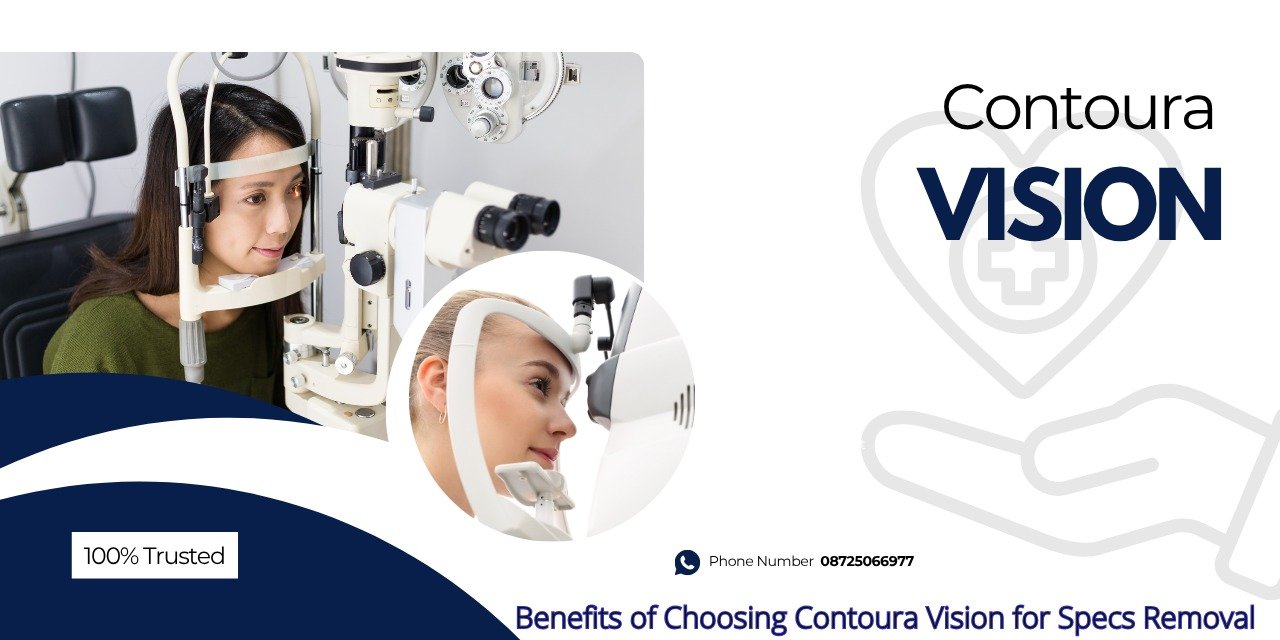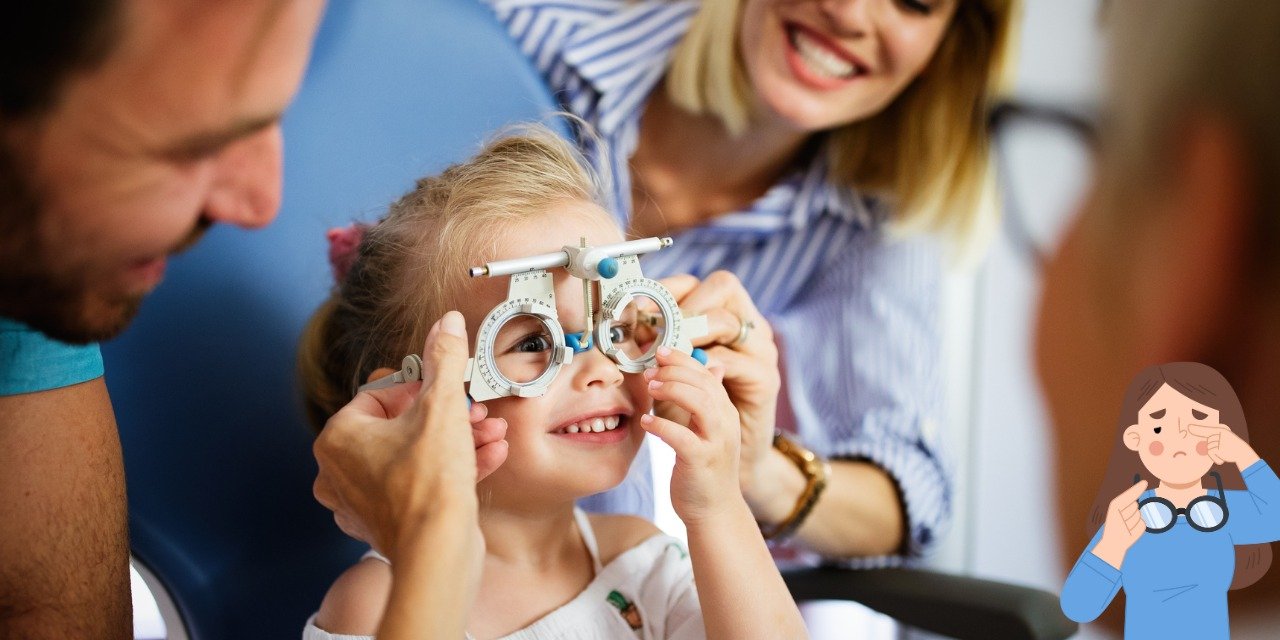Cataracts are a common eye condition that affects millions of people worldwide, especially as they age. A cataract occurs when the lens of the eye becomes cloudy, leading to blurred vision, difficulty seeing at night, and sensitivity to glare. While cataracts can significantly impact daily activities and overall quality of life, cataract surgery offers a transformative solution. In this article, we’ll explore how cataract surgery can enhance your quality of life and improve daily activities, providing insights into the benefits, process, and recovery associated with this procedure.
Understanding Cataract Surgery
Cataract surgery is a procedure that involves removing the cloudy lens of the eye and replacing it with a clear artificial lens, known as an intraocular lens (IOL). This surgery is typically performed on an outpatient basis and is known for its high success rate and minimal risk.
The procedure is usually performed under local anesthesia, meaning you are awake but numb in the eye area. The surgeon makes a small incision in the eye, removes the cloudy lens, and inserts the IOL. The surgery is generally quick, often taking less than 30 minutes per eye.
Enhancing Quality of Life Through Cataract Surgery
- Improved Vision Clarity
One of the most immediate and noticeable benefits of cataract surgery is the restoration of clear vision. Many patients report dramatic improvements in visual acuity, allowing them to enjoy activities that were previously difficult or impossible, such as reading, driving, and watching television.
- Increased Independence
With clearer vision, individuals often find that they can perform daily tasks more easily and safely. Tasks such as cooking, cleaning, and navigating stairs become more manageable, leading to a greater sense of independence and confidence.
- Enhanced Safety
Cataracts can cause blurred vision and difficulty seeing at night, increasing the risk of accidents and falls. After cataract surgery, improved vision reduces these risks, enhancing personal safety and overall well-being.
- Better Night Vision
Many people with cataracts experience problems with night vision, such as glare from headlights and streetlights. Post-surgery, patients often find that their night vision improves significantly, allowing for safer and more comfortable driving at night.
- Reduced Eye Strain
Before surgery, individuals with cataracts may experience eye strain and fatigue due to their impaired vision. After the procedure, the reduction in visual distortions and blurriness helps alleviate these symptoms, leading to greater comfort and less eye strain.
- Enhanced Social Interaction
Improved vision can have a positive impact on social interactions. With clearer sight, individuals can more easily recognize faces, engage in conversations, and participate in social activities, leading to a more fulfilling and active social life.
- Long-Term Benefits
Cataract surgery not only provides immediate improvements in vision but also offers long-term benefits. Many patients enjoy stable vision for years after the surgery, reducing the need for frequent adjustments to glasses or contact lenses.
Frequently Asked Questions
➽ How soon after cataract surgery can I return to my normal activities?
Many patients resume normal activities, such as light reading and watching TV, within a few days of the surgery. However, it is important to follow your surgeon’s advice regarding activities like driving and exercising. Most people can return to full activities within a few weeks.
➽ Are there any risks or complications associated with cataract surgery?
Cataract surgery is generally very safe, with a high success rate. However, like any surgery, it carries some risks, such as infection, bleeding, or vision changes. Your surgeon will discuss these risks with you and take measures to minimize them.
➽ Will I need to wear glasses after cataract surgery?
Many patients find that their vision improves significantly after cataract surgery, and they may no longer need glasses for daily activities. However, some people might still need reading glasses, depending on their vision correction needs and the type of IOL used.
➽ How do I choose the right intraocular lens (IOL) for my needs?
Your ophthalmologist will help you choose the best IOL based on your visual needs and lifestyle. Options include monofocal lenses, which correct vision at one distance, and multifocal or accommodating lenses, which offer a broader range of vision.
➽ How can I find the best eye surgeon in Zirakpur for my cataract surgery?
To find the best eye surgeon, consider factors such as the surgeon’s experience, patient reviews, and the hospital’s reputation. Dr. Suvikram Jyoti at Jyoti Child & Eye Hospital is renowned for his expertise in cataract surgery and can provide excellent care for your needs.
Conclusion
Cataract surgery is a life-changing procedure that can significantly enhance your quality of life and daily activities. By restoring clear vision, the surgery improves independence, safety, and overall well-being. For those considering this transformative procedure, seeking care from a reputable facility is crucial.If you’re looking for top-notch care and expertise, Jyoti Child & Eye Hospital in Zirakpur, led by Dr. Suvikram Jyoti, is one of the best eye hospitals in Zirakpur. They offer comprehensive cataract treatment with the latest surgical techniques to ensure the best outcomes for their patients.To get more information please contact us on : +919871778178













